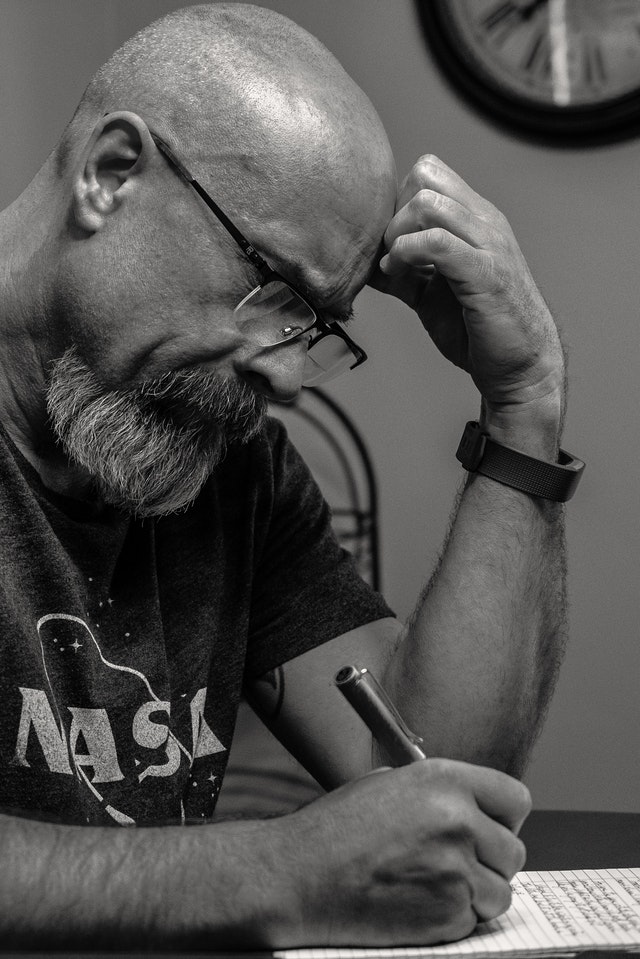How well does your family doctor know you? Do they see you at least once a year? Perhaps you have seen this critical guardian more than once in the past year when health was paramount – or maybe you delayed care due to the pandemic. Either way, if you don’t have a family doctor, you could be missing out on one of the most important relationships in health and wellness.
A family doctor is more than just a doctor. Over time, he or she learns the nuances of your medical history, your response to medications, your health goals, your lifestyle, your treatment preferences, and whether or not a caregiver is helping you manage your health.
This intimate knowledge can make a huge difference to your health. Studies show that people with primary care physicians are more likely to use preventive services, including cancer screening, and have significantly better access to health care. And patients in states that spend more on basic care have fewer hospitalizations and fewer emergency rooms.
“Family doctors help you navigate the continuum of life,” said Dr. Saurabha Bhatnagar, Chief Medical Officer and Head of Technology and Performance at UnitedHealthcare Medicare & Retirement. “With increasing age, our needs and our functional abilities change. It’s nice to have someone who knows you who will guide you through the healthcare system during this time. “
1. Ask around you
The first step in finding a good doctor: Talk to your family and friends about their doctors. A referral from a trusted person is a great way to find a highly qualified and helpful doctor. But remember: everyone is different. Just because a doctor was perfect for your neighbor or best friend doesn’t mean he is the right one for you.

2. Assign card
Since primary care is the conduit for daily health needs, it is important that your GP is in a location that is convenient for you. You won’t want to travel very far if you are not comfortable. And if your doctor’s office is conveniently located, hopefully in good health you will be more inclined to keep appointments for physical exams and other preventative measures.
3. Make sure you have coverage
Now that you’ve identified a few potential candidates, check to see if they’re compatible with your health plan. If you have traditional Medicare, call the doctor’s office and ask if they accept Medicare patients. If you have a Medicare Advantage plan, call your insurance provider or check your plan’s website to see if the doctor is part of your plan’s network. Most tariffs charge more for seeing a doctor outside the network. Therefore, it is important to take this step before making an appointment.

4. Perform a quality control
Chances are, you wouldn’t hire someone to do repairs on your home without doing a little research on the quality of their work. So why choose a doctor without doing the same?
If you have a Medicare Advantage plan, check with your insurance company to see if they have information on quality assessments from some of the GPs in your network. You can also use the physician comparison tool on Medicare.gov to see if your doctor has participated in activities that suggest they are providing quality care.
Finally, check to see if your doctor is certified through the Certification Matters Board website managed by the American Board of Medical Specialties. The state-certified general practitioners not only met the licensing requirements of their country, but also passed extensive internal medicine exams. Doctors also need to keep up to date with the latest developments in their field in order to maintain their certification so you can be sure that they are giving you the latest advice.
5. Make a cold call
Dr. Bhatnagar advises patients to call a potential doctor’s office to get a first impression of the practice.
“You can tell a lot from the office staff’s phone etiquette,” said Dr. Bhatnagar. “Ask if they are accepting new patients and see how they react. If you say: “The next appointment is in 90 days, have a nice day”, it is different from saying: “He is very busy and we always take time for existing patients so that he can help us with new patients. ‘“

6. Find out about logistics … and whether they are set up for virtual appointments
Asking questions during that first call can give an idea of how the office works. How does the office deal with the renewal of prescriptions? How do they inform you of the test results? Can you email your doctor or make appointments online? Will the office call you to remind you if you are late for an annual check-up or flu shot?
You can also ask if they offer same day appointments and how long patients typically sit in the waiting room for an appointment.
And now that virtual visits are becoming more common, ask if the doctor does this type of visit and is it easy to make a virtual appointment.
7. Keep your needs in mind
Everyone has individual health needs, and these needs change with age. Ask your doctor about their specialties or areas of interest.

For example, a sports medic may not be the best choice if you are not a serious athlete. However, if you have a chronic condition like diabetes, you may want to see a doctor who is particularly interested in diabetes care or a large number of diabetics in your practice. These are things to ask about when you make that first call.
And if you have multiple complex medical problems, having a geriatrician can benefit you. Geriatrists specialize in caring for elderly patients.
8. Look at the big picture
When visiting for the first time, it is important to make sure that your doctor’s treatment philosophy is aligned with yours. Ask yourself the following questions: Why did the doctor choose primary care? What do you like best about the medical profession? What should more patients do after leaving the doctor’s office?
If your doctor’s view of patient care aligns with your preferences, you will be more likely to follow their recommendations between appointments. So keep this information in mind if you decide to see a doctor after your first appointment.
9. Avoid culture shock
Each cultural group has its own customs, ideas and taboos regarding medical care. So find a doctor who not only speaks your language, but is also sensitive to your cultural, religious or other beliefs.

For example, if you are a member of the LGBTQ community, you should make sure that your doctor is addressing your concerns and is knowledgeable about LGBTQ health issues.
It is important that your doctor knows the culture and respects your ideas and traditions.
10. Trust your instincts
Your family doctor is a problem solver and an important advocate for your health. It is important that you trust them and feel comfortable asking questions.
The American Academy of Family Physicians recommends asking yourself the following questions after your first appointment:
Do you feel comfortable with this doctor?
Has the doctor shown interest in getting to know you?
Did they answer all of your questions?
Did they explain things in a way that you understood?
When things go wrong, trust your instincts and find a new doctor who is better for you. You have to be comfortable with whoever you want; Remember, this person will be an important advocate for your health and wellbeing for years to come.

